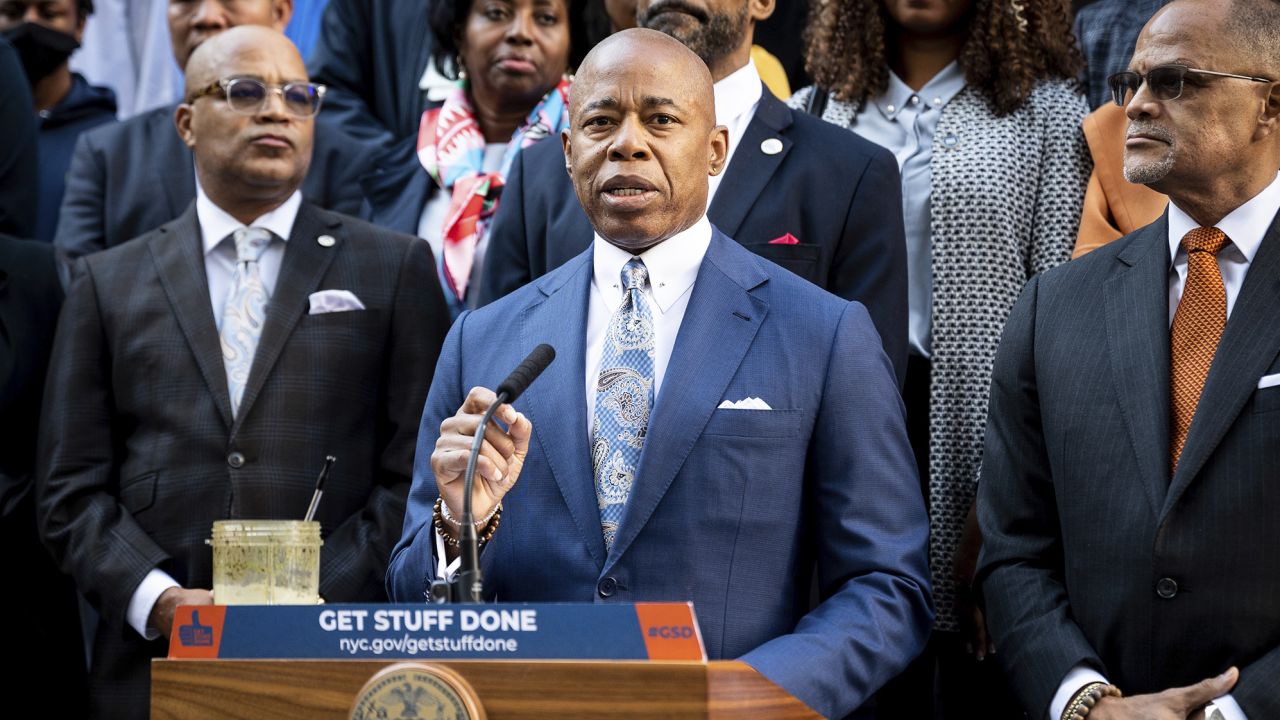10.10.2022 – 10.30 am
UN Refugee Aid eV
Bonn (ot)
On the occasion of International Girl’s Day (11 October), the UN refugee agency calls for refugee children, especially girls and young women on the run, to have consistent access to national education systems. In countries like Afghanistan, the life situation and future prospects are deteriorating dramatically. Girls from kindergarten to college, at any age and at any level, have the right to learning.
“Talent can only develop when given a chance: in the world, not a single girl should be excluded from education. It takes everyone’s efforts to end inequality between the sexes,” says Peter Ruhenstroth-Bauer, Director UN national team – Refugee Aid.
girl on the run
48% of all displaced people across the border in the world are women and girls. In addition to sexual violence, specific reasons for girls’ flight are the effects of early marriages or genital mutilation. Furthermore, as a rule, fewer girls than boys go to school or do an apprenticeship. Religious beliefs, social and cultural conventions or the need to help around the house and take care of siblings often play a role. As a result, more girls than boys in the world cannot read or write, which in turn reduces their professional and personal perspectives.
UN aid to refugees therefore calls for girls around the world to be empowered to educate them so that their chances of leading a self-determined life increase. Overall, however, refugee children are clearly disadvantaged when it comes to education: while over 90% of all school-age children in the world go to school, the proportion of refugee children is only 68%. And after that, the gap increases dramatically: over 80% of all children in the world receive secondary education – among refugees it is only 37%.
More than 30% of young people in the world have the opportunity to obtain qualifications through higher education, but only 6% of refugees. Compared to 2019, this means at least a three percent increase. This emerges from the UNHCR annual report on education. In particular, UNHCR would like to enable young refugee women to study under the DAFI (German Academic Refugee Initiative Albert Einstein) scholarship program. The UN refugee agency has supported the program for many years.
Read more about the educational prospects for refugees at:
https://www.uno-fluechtlingshilfe.de/hilfe-weltweit/perspektiven-schaffen/bildung
Press contact:
Mario Tunte, tel. 0228-90 90 86-47, [email protected]
Original content from: UNO-Fluchtlingshilfe eV, broadcast by news aktuell


